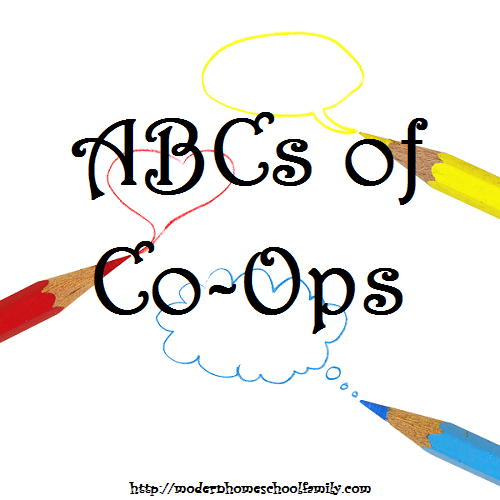A homeschool co-op is a group that comes together for a common purpose—homeschooling. Often, these groups, made up of homeschooling parents, cooperate for the education of their children, meeting once or twice a week (sometimes more) to share resources, organize events, and venture out on field trips. These groups also serve as support networks. Think you’d like to join one?
Here are 5 factors to consider in choosing a co-op:
- Religious Versus Secular
Some homeschool co-ops have religious foundations. If you aren’t religious or cannot find a co-op that’s a good fit for your beliefs, consider a secular co-op. You may feel most comfortable if you don’t have to fear offending anyone with your beliefs or having others offend you.
- Costs
Costs vary, but you may find co-ops that charge as little at $100 per child or family (for the semester or school year). While you may consider stretching to afford a co-op that is out of your price range, doing so is probably a bad idea. Stretching yourself too thin can throw a monkey wrench in other your plans, such as buying books, purchasing a science kit, or taking cool museum trips. Besides, you’re more likely to enjoy the co-op experience if you’re not stressed about cash.
- Commitment
Homeschool co-ops typically require a commitment from parents, which is why they’re called co-ops. However, each co-op will have different requirements. Be honest with yourself about whether you can comfortably participate before you sign up. For example, you may be required to teach a class, help with cleaning, perform administrative duties, donate supplies,provide food or snacks, or help with managing the co-op’s finances. Look for a co-op you can fully commit to without interfering with your other responsibilities.
- Structure
Chances are a homeschool co-op will provide more structure than your child is used to at home. For example, he may be required to take turns, raise his hand when he has a question, stand in line, or sit quietly while waiting. However, different co-ops have different levels of structure. Some may have detailed class/lesson plans and schedules while others focus more on exploration. Choose a co-op with the right level of structure for your child.
Warm and Fuzzy
A large part of choosing a co-op is emotional. Visit homeschool co-ops before you choose one, observing classes (if possible), hanging around for lunch time, and chatting it up with the other parents. The co-op that makes you (and your child) feel warm and fuzzy is probably the right choice.
A co-op can not only help you educate your child but also provide a social outlet and a source of support. Take your time, however, in visiting co-ops and finding the right fit. Can’t find the right homeschool co-op your area? Start your own!



